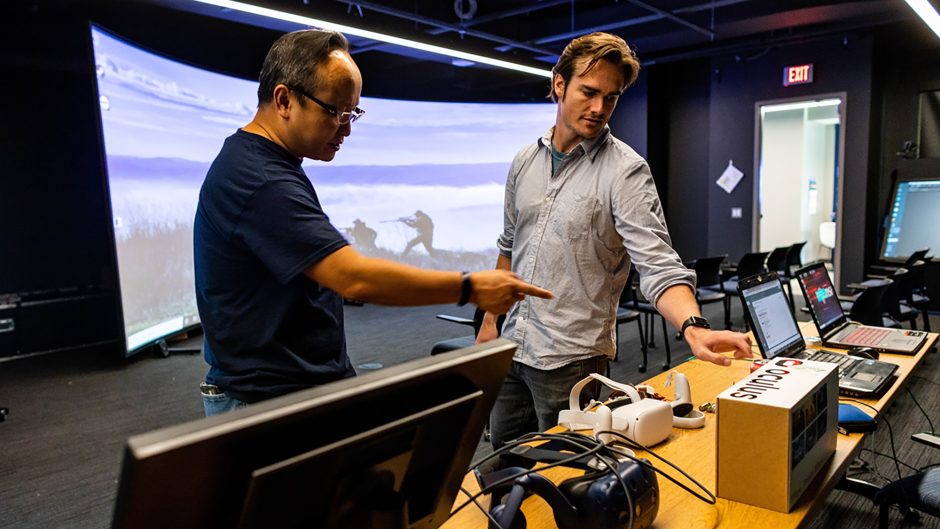
Jan. 23, 2024
Faculty in the Robert J. Trulaske, Sr. College of Business School of Accountancy are at the forefront of addressing some of the most pressing concerns in contemporary accounting.
Inder Khurana
Professor Inder Khurana's recent research examines the implications of strengthening employee voice in firms and its impact on financial reporting. Leveraging staggered employment protection laws (EPLs) across 26 countries, Khurana's findings show that managers, when confronted with stronger EPLs, tend to report more opaque earnings.
The research suggests that when employees sway managers' private interests, managers may be incentivized to form alliances with employees, using earnings opacity as a shield to conceal joint benefit extractions at the expense of shareholders. It highlights the unintended consequences of robust labor protection laws, which could insulate managers from shareholder scrutiny, compromising financial reporting quality.
Such alliances are shown in this research to have broader implications to financial reporting. This alliance-driven opacity in earnings impedes institutional shareholder oversight and hinders their ability to make timely portfolio adjustments in response to stringent EPLs.
Elaine Mauldin
Professor Elaine Mauldin's recent study shines a light on the perceptions surrounding the use of data and analytics (D&A) in the auditing process, specifically through the lens of external reviewers. Through two experiments, Mauldin and her co-authors deduced that external reviewers perceive D&A audit procedures to be of lesser quality than their traditional counterparts.
Mauldin’s study points to several intriguing avenues for future research. Exploring the influence of individual willingness to adopt technology, understanding how cultural and sociological factors across different countries might affect perceptions and studying potential interventions are just a few of the many directions that future studies could take.
From a public policy perspective, the implications of this study can be profound. It underscores the need for regulators to offer additional training to external reviewers on evaluating D&A-driven audit evidence. Furthermore, given the potential bias against D&A procedures, regulators might need to develop explicit guidance and standards on the quality criteria for evaluating D&A audit approaches.
Ken Shaw
Professor Ken Shaw's recent research studies the connection between a client's importance to its local audit office based on the amount of fees the audit office earns and the client’s accounting estimate choices.
Important clients create an economic dependence that could impair auditor independence and lead to more income-increasing estimates. Alternatively, more important clients impose greater litigation risk and greater reputation loss if the auditor performs a poor audit, leading to more income-decreasing estimates.
Shaw and his co-author examine estimates for stock-based compensation plans and defined-benefit pension plans, complex accounting areas of high audit risk that have attracted scrutiny from regulators like the Public Company Accounting Oversight Board.
The authors find that more important audit clients use accounting estimates that result in lower net income. This suggests that auditor independence remains unscathed with respect to complex accounting estimates for more important clients, aligning with a reputation protection framework. It also lays the groundwork for further research, potentially exploring the impact of individual audit partners on conservatism and expanding the scope to international settings.
Read more from the Robert J. Trulaske, Sr. College of Business



